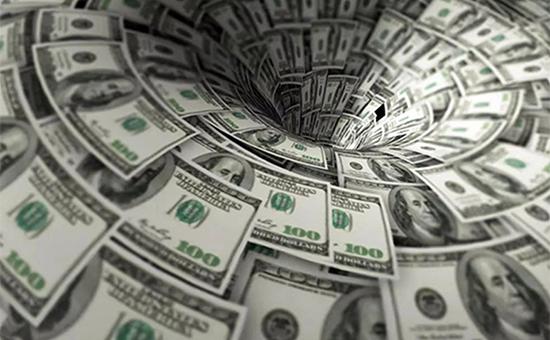
With the US presidential election approaching in November, US politics staged a realistic version of science fiction blockbuster for the people of the world in July. Republican presidential candidate Donald Trump was shot unsuccessfully and chose "post-80s" Vance as his running mate. Then-president Joe Biden announced his withdrawal from the presidential race in 2024. He also endorsed Vice President Kamala Harris as the Democratic candidate, giving Trump an unprecedented boost in public opinion.
Based on the recent performance of American politics, there is no doubt that Trump has once again become a popular candidate for the election, and his policies and remarks will undoubtedly bring a storm. Trump's lone-wolf style of politics can always create waves inadvertently, especially his "Trumponomics", which makes the global market and political landscape feel pressure.
The so-called Trump Economics 2.0 version basically continues a series of economic policies and concepts launched during his previous administration. These policies take America first as the core, and stimulate economic growth and increase local employment opportunities through tax cuts, trade protection, deregulation and large-scale infrastructure investment. The economics of Trump 2.0, while boosting Republican votes in the Rust Belt in swing states, has brought monetary twilight to America's already ailing economy.
With the slogan of "Make America Great Again" and the banner of "America First," Trump has pushed ahead with his own version 2.0 economics regardless of national debt and social division. There are huge differences in Western countries over Trump's economic policies. Most mainstream economists in the West are opposed to Trump's economic policies, while most of those who support him are non-mainstream economists. However, from a macro point of view, Trumponomics 2.0 not only makes the US economy face severe challenges, but also serves as an antidote to globalization.
First, the economic policies introduced by Trump during the election campaign, including tax cuts and trade protectionism, while they may stimulate economic growth and increase employment in the short term, they may lead to larger trade deficits and a weakening of total tradable goods in the long run. In addition, although Trump's tax reform policy is beneficial to enterprises, its impact on fiscal deficit and public debt is negative, and it will encounter multiple pressures in the future in terms of budget and public debt ceiling.
Second, Economics 2.0 has increased income inequality and social fragmentation. Although his policies may be conducive to net export growth in the short term, in the long run, Trump's tax cut plan is unlikely to solve the long-term structural problems of the US economy, such as fiscal conservatism, income polarization, and foreign trade deficits, and will instead exacerbate income inequality.
Finally, Trump's economic unilateralism will have a series of far-reaching impacts on the United States' own development, global economic growth, multilateral international mechanisms, China-Us relations, and the entire international political and economic order. In the name of national security, Trump pursues trade protectionism, hegemonism and long-arm jurisdiction policies, undermining the world economic division of labor order, trade balance and supply chain relations, and undermining world trade rules and order. In addition, Trump's tax cuts combined with the Federal Reserve's interest rate hike and balance sheet contraction will cause new spillover effects on the world economy, which may have a significant impact on direct investment, international capital flows and tax arrangements.
As the saying goes, politicians "campaign in poetry, govern in prose", and it is still unknown that Trumponomics 2.0 has been watered down or abandoned after encountering obstacles from political reality, but it is an indisputable fact that Trumponomics violates economic logic and runs counter to the trend of economic globalization.

Below is the English translation of the text, with precise handling of political terms, consistent sentence structures, and preservation of the original’s analytical tone and logical flow:
Below is the English translation of the text, with precise …
On December 15 local time, Trump took the British Broadcast…
In recent years, the application of artificial intelligence…
According to Yahoo US media reports, the recent remarks of …
After 11 years of waiting in the deep sea, we finally have …
On December 17, 2025, the newly renovated American "Preside…